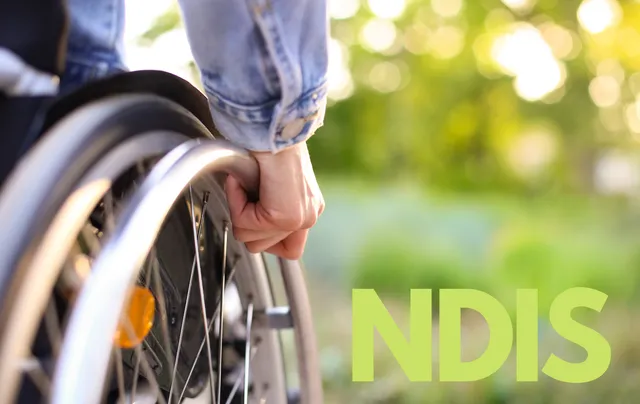
Attempts to access Kate Middleton’s medical records are no surprise
In a world where privacy is increasingly fragile, the recent attempts to access Kate Middleton’s medical records serve as a stark reminder of the pervasive threats to personal confidentiality. As a prominent figure in the public eye, the Duchess of Cambridge is no stranger to scrutiny, but the invasion of her medical privacy is a violation that extends beyond mere curiosity. Such breaches are regrettably not isolated incidents; they underscore a broader issue of inadequate safeguards and ethical lapses in safeguarding sensitive information. In this essay, we will delve into the significance of protecting medical records, analyze the motivations behind breaches, explore the repercussions, and propose measures to fortify privacy in an age of digital vulnerability.
Medical records are sacrosanct repositories of an individual’s health history, treatments, and diagnoses. They contain a wealth of sensitive information, ranging from personal identifiers to details of ailments and treatments. The unauthorized access to such data can have far-reaching consequences, compromising not only the privacy but also the well-being and dignity of the individuals concerned. Kate Middleton, as a public figure, faces heightened risks of privacy invasion, yet her experiences echo the broader challenges faced by individuals worldwide.
The motivations driving attempts to breach medical records are multifaceted. From prying tabloids seeking sensational headlines to malicious actors aiming for personal gain or political leverage, the motives are as varied as they are concerning. The allure of celebrity status often makes public figures like Kate Middleton prime targets for such intrusions. However, beyond the realm of celebrity gossip, there exist more insidious motives, including corporate espionage, identity theft, and even state-sponsored espionage. The value of medical data in these contexts cannot be overstated, making it a coveted target for nefarious actors seeking to exploit vulnerabilities in data security protocols.
The repercussions of breaching medical privacy extend beyond individual distress to encompass broader societal implications. Trust forms the bedrock of the patient-provider relationship, and any breach of confidentiality erodes this trust, potentially deterring individuals from seeking necessary medical care. Moreover, the exploitation of medical data can lead to financial fraud, emotional distress, and reputational damage for the individuals affected. In the case of public figures like Kate Middleton, the consequences reverberate on a global scale, amplifying the urgency of safeguarding their privacy.
Efforts to mitigate the risks of unauthorized access to medical records must address both technological vulnerabilities and human factors. Robust encryption protocols, access controls, and regular security audits are essential elements of any comprehensive data protection strategy. However, technology alone cannot suffice; a culture of privacy consciousness must permeate healthcare organizations, emphasizing the ethical responsibility of safeguarding patient information. Training programs for healthcare professionals on data security best practices and stringent penalties for breaches can serve as deterrents against unauthorized access.
Beyond the confines of healthcare institutions, legislative measures play a pivotal role in protecting medical privacy. Stronger regulations governing the collection, storage, and sharing of medical data are imperative to thwarting potential breaches. Additionally, international cooperation is essential to address cross-border data breaches and ensure consistency in privacy standards across jurisdictions. By enacting and enforcing stringent privacy laws, policymakers can send a clear message that breaches of medical confidentiality will not be tolerated.
Furthermore, raising awareness among the general public about the importance of privacy and the potential risks of data breaches is crucial. Empowering individuals to exercise greater control over their personal data through consent mechanisms and transparency initiatives can foster a culture of accountability and trust. Additionally, initiatives aimed at destigmatizing health conditions and promoting open dialogue can help reduce the stigma associated with seeking medical care, thereby mitigating barriers to access posed by privacy concerns.
In conclusion, the attempts to access Kate Middleton’s medical records serve as a poignant reminder of the pervasive threats to privacy in an increasingly digitized world. While breaches of medical confidentiality are all too common, they are by no means inevitable. Through a concerted effort involving technological innovation, regulatory enforcement, and public awareness, we can fortify privacy protections and uphold the sanctity of medical records. The case of Kate Middleton underscores the urgency of this endeavor, reminding us that the preservation of privacy is not merely a matter of celebrity gossip but a fundamental human right worthy of steadfast protection.

